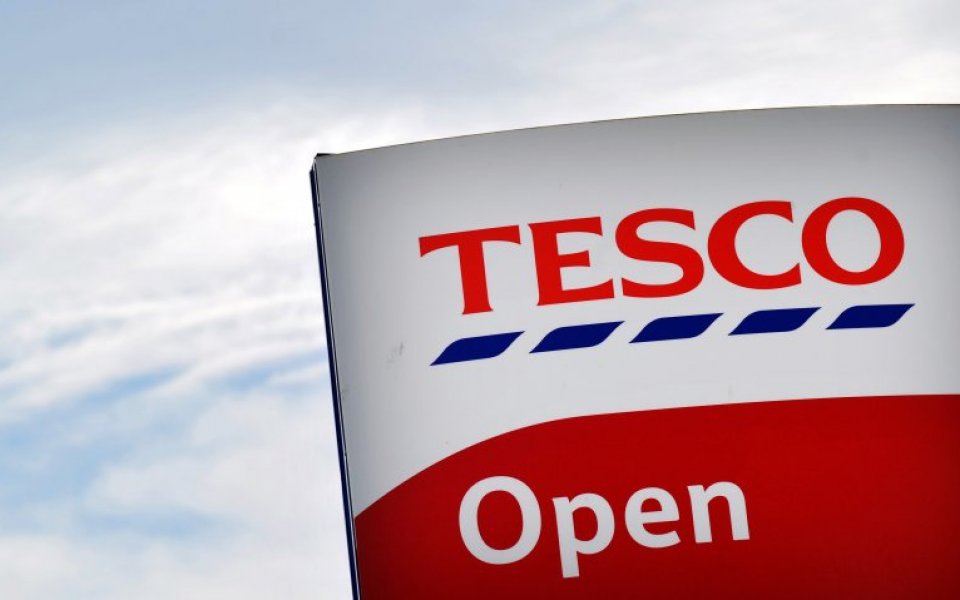These are the worst examples of how Tesco mistreated suppliers

THE Groceries Code Adjudicator (GCA) has released a scathing report today into Tesco's treatment of suppliers, concluding that the supermarket "seriously" breached the industry's code of practice by prioritising its own finances at suppliers' expense. Below are some examples of how Tesco mistreated its suppliers.
"Aspirational" Margin Targets
The supermarket watchdog found that suppliers were often forced to pay to make up for "aspirational" margin targets set by Tesco's commercial team, regardless of whether sales growth had been achieved or whether Tesco had delivered on its own commitments.
Evidence found that several suppliers made margin payments to Tesco of over £1m so that the supermarket could maintain its targets, while in another example one supplier paid over £800,000 for a half-year period.
Fat fingers: Data input errors
Incorrect data submitted by Tesco into its systems often resulted in suppliers being overcharged or underpaid, the GCA founded. Even when the error was acknowledged, Tesco would often takes months to pay back suppliers.
In one instance, Tesco took more than two years to pay back a multi-million pound sum owed to a supplier that had been incorrectly charged over a long period of time. Another supplier was owed a multi-million pound sum after being invoiced, among other issues, by Tesco for products it did not supply at all. It took Tesco two years to pay it pay.
Duplicating invoices
The GCA's review found that there were instances where Tesco billed suppliers twice then failed to correct its errors and pay suppliers' back within a reasonable time. In one case, nearly £2m was owed to suppliers, which Tesco then took over a year to repay. Another sum of £400,000 was owed to them, which took over five months to be repaid.
Deferring payments
Christine Tacon, the Groceries Code Adjudicator, said internal emails showed Tesco had also deliberately encourage staff to defer payments to suppliers in order to maintain its margin, especially at key financial reporting periods. Often this meant that Tesco would knowingly delay payment despite requests from the supplier to be paid and Tesco acknowledging that this money was due.
Tacon said: "I find that Tesco knowingly delayed paying money to suppliers in order to improve its own financial position. Any delay in payment deliberately caused by a retailer is unreasonable."